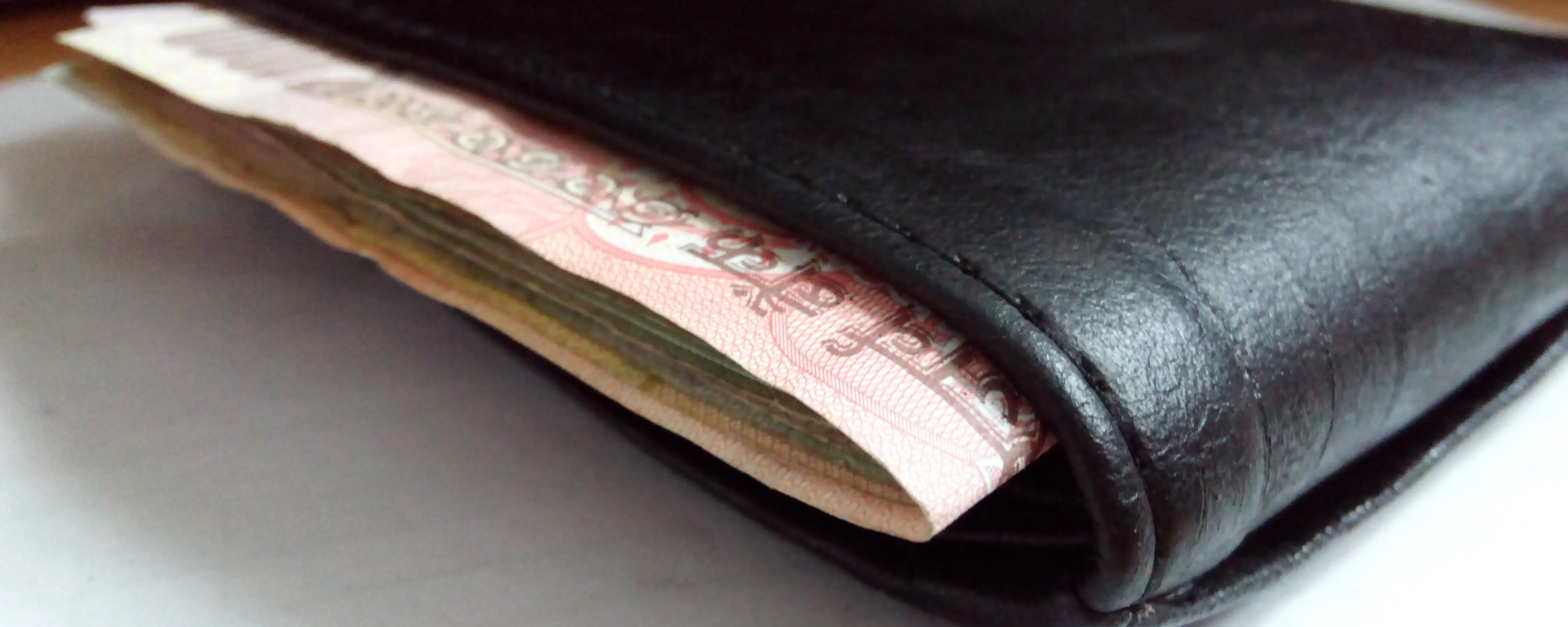
There is absolutely no justification for this kind of bungling. Prima facie, that is what a decision like this makes you think. Despite the most ardent protestations from the government that it wants to make things easier for people to do business in India, there is a quantum surge in the threat analysis to that idea.
Here is another truth serum test. The results are once again for all to see. The tale, as always simply told, is one of the bureaucracy working at cross purposes with the government. Not for a moment, can I believe that the thumb is constantly unaware of what the forefinger is doing. It is a travesty that time and again these ludicrous ideas surface which make one wonder in complete amazement and convince us why India is not getting a move on. And mind you, these bureaucratic decisions and notifcations are agnostic of X or Y government. They have a life force of their own. Recently it was highlighted how the customs department unilaterally decided to circumvent the very idea of Make in India by even posting additional levies on telecom handset imported into India for assembly.
Now comes this bizarre Director General Foreign Trade (DGFT) notification which clearly promotes hawala and allows siphoning off of funds abroad. This goes against the very grain of the alleged war on black money. It is another matter that the war on black money has been an unprecedented failure and even the one time amnesty scheme laughable for the amount of black stash it managed to garner overseas. Patently, the minimum import price has been imposed in order to counter the dumping of cheap Chinese steel and should help the struggling Indian steel companies. As we know very well, stressed steel and power companies form a large bulk of the Rs 700,000 crore plus non-performing assets that Indian banks are saddled with. So ostensibly, what appears to be a good move may well result in generation of black cash overseas. That the decision smacks of protectionism is another matter for raising barriers against dumping by cheaper Chinese steel. But by scratching the surface, another dimension is revealed. Cauterising one wound has opened other sores.
By a Notification dated 05/02/2016, DGFT fixed a minimum import price for import of 173 specified items of steel. Like all recent bureaucratic disasters, this too is a shocker. Else, why announce something which Government is otherwise vowing to fight: Flight of Capital and Tracking Black Money. In fact, as we know there is a Supreme Court mandated Black Money Committee which is actively overseeing probes into account holders of Foreign Bank accounts.
The price of steel coils (multiple options of Cold Rolled and Hot Rolled Coil are factored in to take an approximate price) on February 17 was around $400 per tonne and the recent notification has fixed the price at $560 (same proviso as in bracket above) per tonne. Similarly Steel Billets which are sold at $170 per tonne Free or Freight On Board ($230-250 $ Cost Insurance & Freight) have been FIXED for import at $360 per tonne, CIF.
Now let us see how this works and the entire process is self defeating:
Scenario 1
A company orders 100 tonnes of steel billets. The invoice price is only $23000. But a fake invoice is prepared for $36000 since Indian Customs will not accept value below $360 per ton. The excess amount collected abroad becomes a nest for future. Since import duty on the higher amount is paid by the company, the local Indian company will sink into a loss but the promoter is enriched.
Scenario 2
A foreign held car manufacturing firm has ceilings on remittance of royalty or dividend. This firm imports steel for certain inputs. The overvaluation becomes a boon to overcome remittance issues.
The author is a senior journalist and commentator based in New Delhi.
The views expressed above belong to the author(s). ORF research and analyses now available on Telegram! Click here to access our curated content — blogs, longforms and interviews.



 There is absolutely no justification for this kind of bungling. Prima facie, that is what a decision like this makes you think. Despite the most ardent protestations from the government that it wants to make things easier for people to do business in India, there is a quantum surge in the threat analysis to that idea.
There is absolutely no justification for this kind of bungling. Prima facie, that is what a decision like this makes you think. Despite the most ardent protestations from the government that it wants to make things easier for people to do business in India, there is a quantum surge in the threat analysis to that idea.
 PREV
PREV


